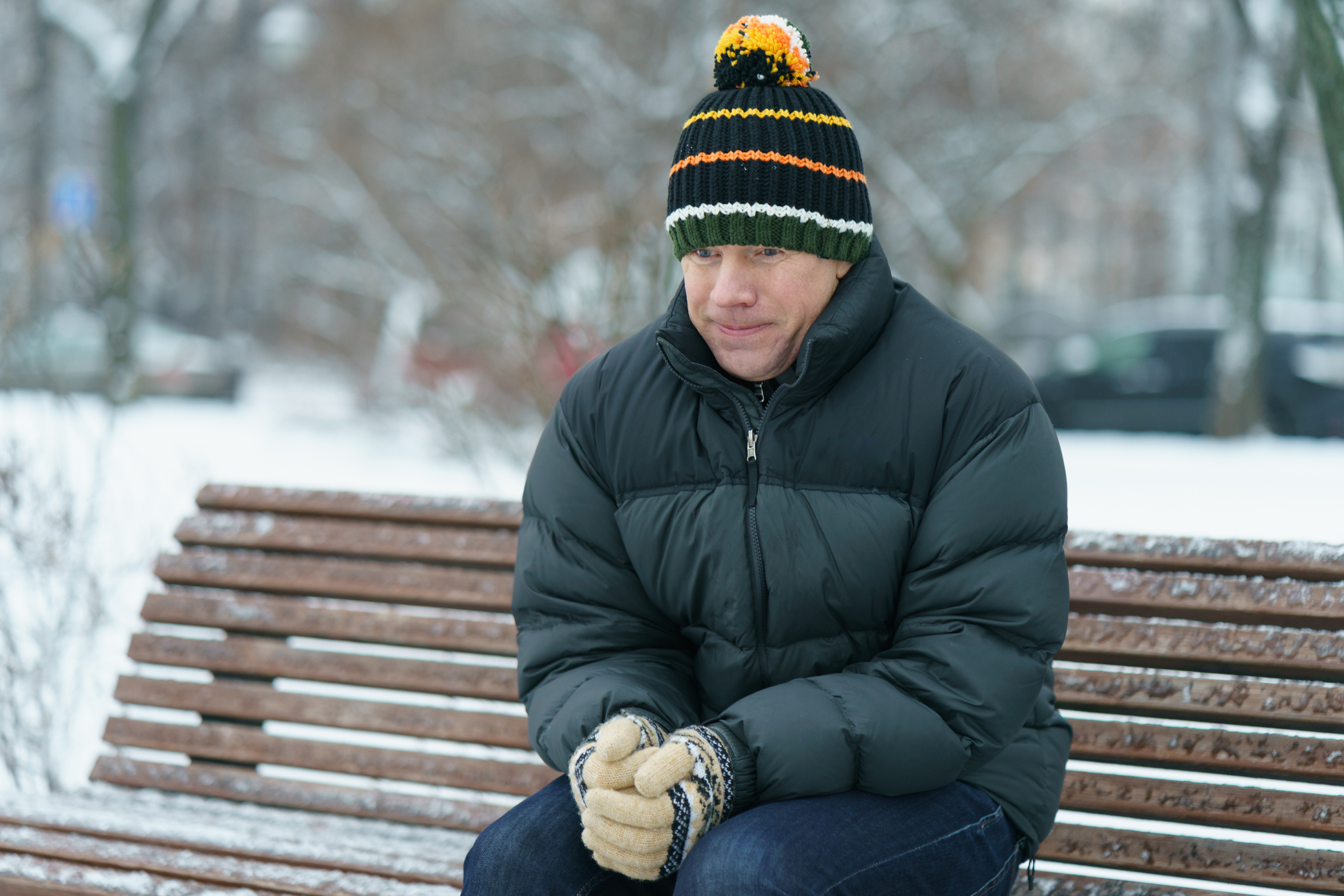

Did you know that almost half of all adults in the U.S. suffer from hypertension?
Worse, only one in four of us can get it under control.
That leaves far too many of us at a much higher risk of heart disease, stroke and even Alzheimer’s.
But of all the factors that contribute to raising your blood pressure — overweight, poor diet, no exercise, diabetes and high cholesterol — I’ll bet you never imagined the weather could be one of them…
Research from the American Heart Association has revealed that winter doesn’t just bring a higher risk of colds and flu. It can throw a significant kink into managing your blood pressure.
Lower temps, higher blood pressure
The research followed almost 61,000 adults for five years looking at swings in blood pressure by season. Each participant had been diagnosed with hypertension and was already taking prescription medication to control their condition.
After analyzing the massive amount of health data gathered, the researchers found that, on average, systolic blood pressure (the top number in a blood pressure reading) increased by up to 1.7 mm Hg in the winter months compared to the summer months.
While that might not seem like a lot, Howard LeWine, M.D. Editor in Chief, Harvard Men’s Health Watch points out that the majority of studies show a greater risk of stroke and heart disease in relation to higher systolic pressures compared with elevated diastolic pressures (the bottom number of a blood pressure reading).
It’s a risk that holds especially true for people aged 50 up, which is why doctors tend to keep a closer eye on systolic pressure.
The reason for this risk is believed to be due to the force put on the arteries when blood rushes out of the heart.
In addition, to the higher systolic pressure that came with the advent of winter, the research also showed that blood pressure control rates decreased by up to 5 percent with the change of the season.
In other words, not only is blood pressure more likely in winter, it can be more difficult to control — even when you take that prescription your doctor gave you faithfully.
Managing your blood pressure, season to season
About now you may be wondering why the cold temps may increase blood pressure. According to the Mayo Clinic, low temps cause blood vessels to narrow temporarily, which, of course, means more pressure is needed to force blood through narrowed veins and arteries.
As the cold approaches, you may need to monitor your blood pressure a little more often. A home monitor could be helpful if you don’t already have one.
You may also need to put in a little more effort to keep your blood pressure under control, like stair climbing or eating fruit that contains a special blood pressure-lowering compound.
Some people may need to talk to their doctor depending on how much their numbers change, but of course, there are also natural options that can be highly effective in supporting normal blood pressure.
Well-researched nutrients I use to support my own include:
- Grape Seed Extract – The polyphenols in grape seed extract activate nitric oxide in the lining of blood vessels to relax your arteries promoting healthy blood flow.
- Vitamin K2 – The vitamin that supports arterial health, which in turn can support healthy blood pressure by promoting elastic and pliable arteries so everything flows better.
- Pterostilbene – A powerful antioxidant that helps block the creation of Angiotensin II – an enzyme that stiffens the walls of your blood vessels and triggers a hormone that increases the amounts of sodium and water retained by your body.
- Green tea extract – Contains catechins that have been proven to reduce oxidative stress and soothe inflammation, which helps support heart health
Be sure to follow these tips to get the most accurate reading when using a home monitor. You may also want to take your blood pressure reading while lying down since research has found it can make a significant difference.
Sources:
Facts About Hypertension — CDC
Which blood pressure number is important? — Harvard Health Publishing
Cold weather may pose challenges to treating high blood pressure — EurekAlert!

